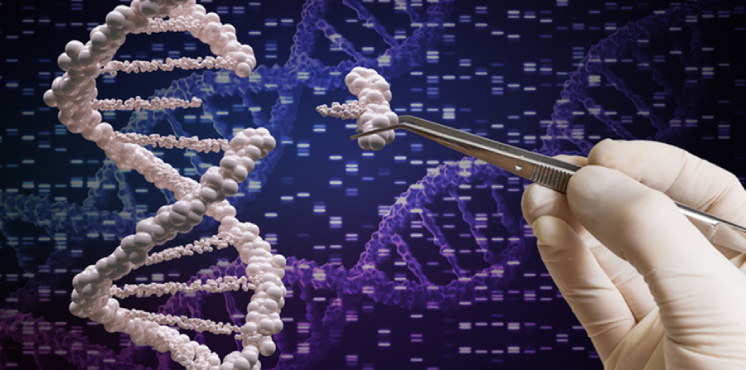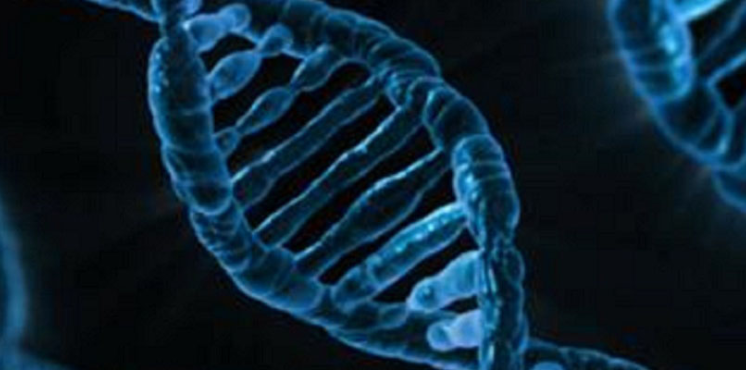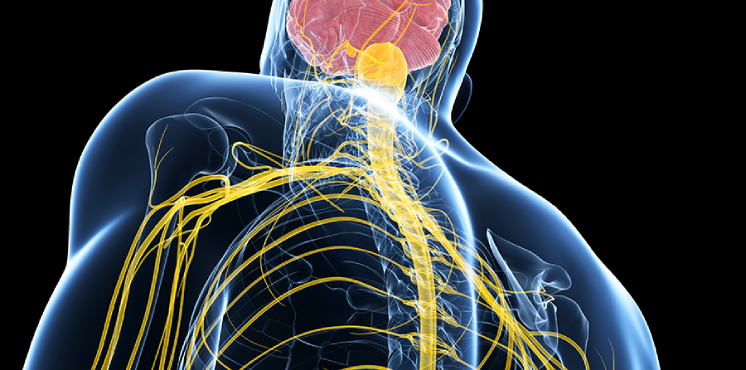Illuminating the Druggable Genome (IDG)
The Illuminating the Druggable Genome (IDG) program improves understanding of understudied protein families through the development of an information repository and new tools.
About IDG
Contact
A gene contains (encodes) the information that each cell uses to make (express) a protein, which is essential for the body to function properly. Abnormal protein expression is linked to many human diseases, making proteins key targets for treatments.
Results from the Human Genome Project showed that the human genome contains roughly 20,000 genes, and of these, approximately 4,000 genes are considered part of the “druggable genome,” a set of genes encoding proteins that scientists can or predict they can modify using small-molecule compounds. Yet existing medicines represent only a few hundred targets, leaving a huge portion of biology untapped. Therefore, many proteins remain for scientists to explore as potential therapeutic targets. Much of the druggable genome encodes three key protein families: non-olfactory G protein–coupled receptors (GPCRs), ion channels and protein kinases. Researchers lack crucial knowledge about the function of many proteins from these families and their roles in health and disease. Better understanding of how these proteins work could shed light on new pathways of research for basic science and drug discovery.
New Area of Discovery
To improve scientific understanding of the three understudied protein families, NIH launched an effort called Illuminating the Druggable Genome (IDG) in 2013. The first awards were made in 2014. The IDG program was initially funded as a three-year pilot program funded by the NIH Common Fund. It was designed to create a centralized information repository and develop new technologies to study these protein families. Now in the implementation phase, the IDG program aims to build on the knowledge and tools developed during its pilot phase and share these resources with the greater scientific community.
The NIH IDG working group includes staff from NCATS, the National Institute of Diabetes and Digestive and Kidney Diseases, the National Institute of Mental Health, the National Cancer Institute, the National Institute of Neurological Disorders and Stroke, and other institutes and offices at NIH.
By increasing the number of possible treatments through the IDG program, NIH is making way for more efficient disease-related research and more effective treatments for patients.
For more information about the IDG program, visit the NIH Common Fund website.
Researchers supported by the IDG program work with Nature Reviews Drug Discovery regularly to develop new content highlighting understudied protein targets. Learn more about this series and the IDG program or read the collection of articles to find new proteins of interest.
Funded Research
The current IDG Consortium is made up of the following:
- The Knowledge Management Center (RFA-RM-16-024), which organizes and shares data and metadata produced by the IDG program, including resources collected during the pilot phase of the program. The scientific community may access these data through Pharos.
- Data and Resource Generation Centers (RFA-RM-16-026), which use scalable technology platforms to describe roles of understudied GPCRs, protein kinases and ion channels at the molecular and cellular levels.
- The Resource Dissemination and Outreach Center (RFA-RM-16-025), which provides the administrative structure for the IDG program, working with all IDG Consortium investigators to collect, organize and share information on key tools and reagents being developed by the IDG Consortium.
We play a crucial role in the IDG program by administering the Resource Dissemination and Outreach Center award and coordinating the program with the National Institute of Diabetes and Digestive and Kidney Diseases.
IDG News

A Decade-Long Program Investigating Understudied Proteins Builds a Foundation for the Future
July 21, 2025 - NCATS News
- Illuminating Druggable Genome (IDG)
- Our Impact on Drug Discovery and Development
Since 2013, the Illuminating the Druggable Genome program has helped researchers learn about understudied protein families to find potential therapeutics.
Read ArticleUsing Iron to Destroy Multiple Myeloma Cancer Cells
September 22, 2025 - Grantee/Partner News
- Illuminating Druggable Genome (IDG)
A Decade-Long Program Investigating Understudied Proteins Builds a Foundation for the Future
July 21, 2025 - NCATS News
- Illuminating Druggable Genome (IDG)
- Our Impact on Drug Discovery and Development
Since 2013, the Illuminating the Druggable Genome program has helped researchers learn about understudied protein families to find potential therapeutics.
Proteins Important in Neural Communication Have Different Roles Than Previously Thought
July 1, 2025 - Grantee/Partner News
- Illuminating Druggable Genome (IDG)
Other NIH Common Fund Programs

Somatic Cell Genome Editing
We help lead this NIH Common Fund program that aims to create and make available high-quality tools for safe and effective genome editing in people.

Extracellular RNA Communication
We help lead this NIH Common Fund program to explore how exRNA could aid disease understanding, diagnosis and treatment.

Stimulating Peripheral Activity to Relieve Conditions
We help lead this NIH Common Fund program to explore the role of peripheral nerves in controlling the functioning of internal organs through electrical signals.


